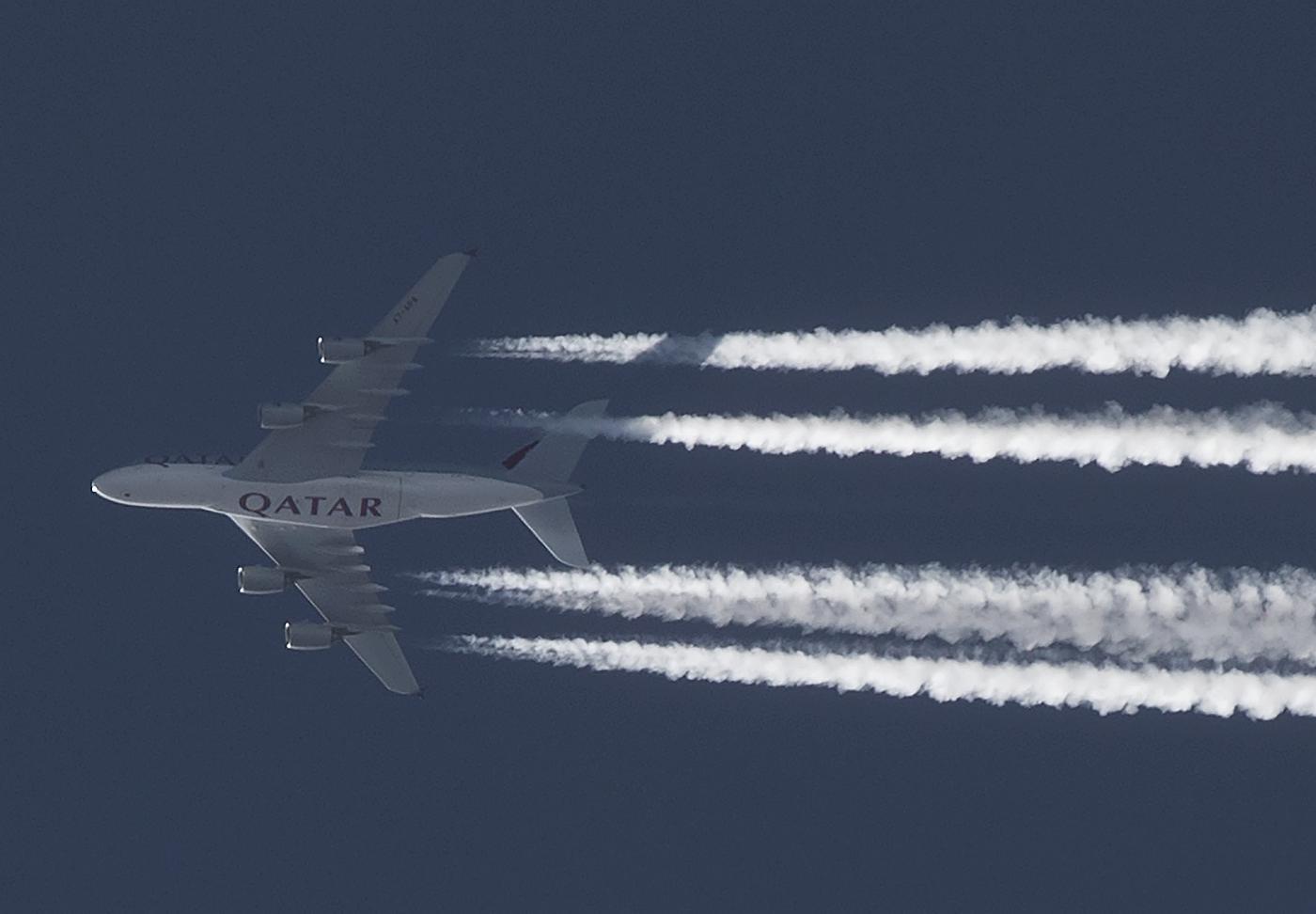Airlines Call For Oil Producers To Invest ‘Windfall’ Profits Into SAF

DOHA, Qatar—IATA Director General Willie Walsh is suggesting that profits currently being accrued by fossil fuel producers due to high oil prices should be funneled into ramping up production of sustainable aviation fuels (SAF).
“It’s time to see the significant windfall invested in SAF,” Walsh told IATA’s World Financial Symposium in Doha, Qatar, on Sept. 21.
While logistically SAF represents a straightforward short-term solution that allows airlines to cut their emissions, there are two big issues standing in the way of more widespread adoption. A lack of availability means carriers rarely have the chance to opt for SAF. And it costs more than standard kerosene, the higher price of which is already putting pressure on airlines’ profitability.
According to IATA’s jet fuel price monitor, for the week ending Sept. 16 the price of jet fuel price ended at $121.6 per barrel. That was down 12.8% week-on-week but was more than 46% higher than a year ago.
Technologies such as a hydrogen-powered aircraft are still a long way off commercial service and the industry needs to focus on where it can make a difference, Walsh said. Airlines see SAF as the single biggest contributor to achieving targets or reaching carbon neutrality by 2050. Walsh said carriers want to see more investment in and production of SAF. “We need fuel producers to invest in SAF—if it’s produced, we’ll use it,” he said.
“We think the industry is doing everything within our control,” Walsh added. “There is more we would like to do if others would work with us.”
Qatar Airways Group CEO Akbar Al Baker told the symposium that the airline has already committed to using 10% SAF by 2030, provided fuel producers make more SAF available so that economies of scale bring down the price. The airline would buy more SAF if it were available, he said, and warned against those outside the industry unfairly blaming aviation for global warming. “At Qatar Airways we don’t mind paying a bit extra for SAF, but not three times as much,” Al Baker said.
Meanwhile, Christine Rovelli, Finnair’s VP of strategy and fleet, said her carrier, like others, was struggling to meet its SAF needs. “Nobody can buy as much as they want—there just isn’t enough of it,” Rovelli said. “But we have a partnership with Neste, where we are working on getting as much as we can.”
Finnair is also engaged with OEMs on future technology. “We’re looking at [new technology] as well,” Rovelli said. “Because SAF is great, but you have to look at how SAF is produced. And if you produce it with dirty energy, is it really better than jet fuel?”



